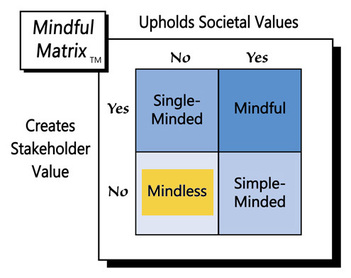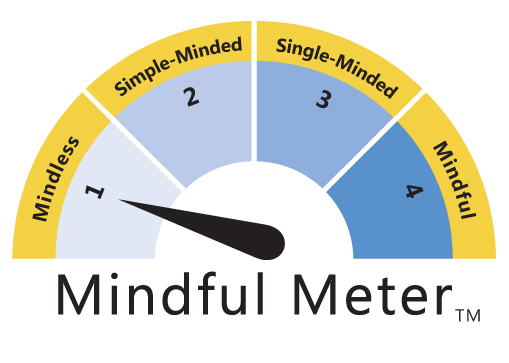There’s a giant explosion and debris starts raining down. You scream and immediately seek cover, cowering on the floor. While crawling towards the door, people rush in with cameras and say, “surprise,” it was just a joke. The window was really a TV screen and your reaction has just been filmed for an LG ad.
This “so real it’s scary” LG Electronics' video prank has racked up nearly 20 million YouTube views, on top of the nearly 24 million views from a similar video the consumer products producer created the year before. For that prank unsuspecting elevator riders were shocked when the elevator stopped suddenly and the floor, cleverly constructed of LG TVs, made it look like the bottom fell out, leaving a terrifying drop down the elevator shaft.
Pranks that get such genuine, emotionally-charged reactions can make for some very funny videos and draw a great deal of attention, but are they right? As more and more brands use this technique it’s gained its own name: “Prankvertising.” Dwayne W. Waite Jr. of the advertising creative recruiter Talent Zoo defines Prankvertising, as advertising that singles out or takes advantage of certain audiences for the sake of advertising its good or service. In a blog post on the subject he questions whether this type of advertising is creative or exploitive?
USA Today describes this new form of advertising as a technique for attracting Millennials with an “outrageous form of digital Candid Camera-on-steroids pranks,” the aim of which is “to catch and film folks in the most embarrassing, degrading or — in this case — scary-as-hell situations.” Is Prankvertising “reality TV gone nasty,” or is it a new way to advertise effectively?
In an Adweek article many advertisers say it’s hard to draw direct links between stunts and sales. Most marketers seem to be happy with generating high levels of sharing and online views while saving money over paid media. “From our perspective ... it will more than pay for itself in earned media and ‘share of conversation.’ That, in turn, translates into brand worth, which in turn drives sales,” says Thomas Moradpour, VP, Global Marketing at Carlsberg.
Carlsberg created a prank where someone calls a friend at 3 a.m., telling them he’s lost $400 in a back-room poker game and needs the money now or he can’t leave. Arriving in a sketchy neighborhood the friend has to get past bouncers to drop off the money. Then the promotion for Carlsberg is revealed as everyone raises a glass to true friendship. The video drew a frightful reaction from unknowing participants, but also 1 million views in its first four days online.
Are these pranks what’s needed to get views these days? Perhaps Prankvertising is what marketers and their advertising agencies must do to grab attention in an ultra-competitive, extremely cluttered environment. What if the participants sign a release and say they are fine with the joke? Does that make it right? Do the ends justify the means?
AIDA, a model that suggests how advertising and selling work, proposes that consumers pass through five distinct stages: Attention must first be captured, followed by Interest, Desire, and finally Action. The shock of Prankvertising may get views (i.e., attention and interest), but that doesn’t mean it’s generating interest and desire for the product, particularly the final act of purchase.
Similarly, a study published by the American Psychological Association found that violent and sexual media content may impair advertising’s effectiveness and ultimately deter purchasing. Ads with violent or sexual content (shock) decreased advertising effectiveness measured by brand memory, brand attitudes, and buying intentions.
In the end these viral videos may garner views, but what's the cost to marketers who are not actually increasing stakeholder value? Likewise, what's the impact on societal values and the people who are the brunt of the jokes? If this "Mindless Marketing" continues, to what extremes will promotional pranks eventually go?
Learn more about the Mindful Matrix and Mindful Meter.
Check out Mindful Marketing Ads and Vote your Mind!




 RSS Feed
RSS Feed